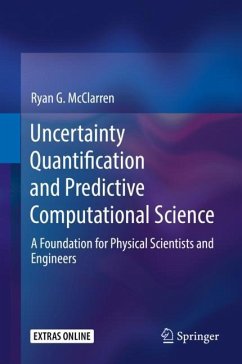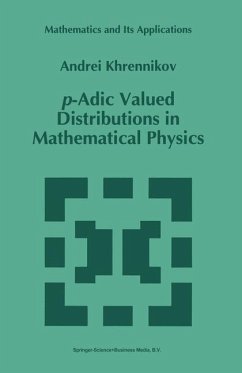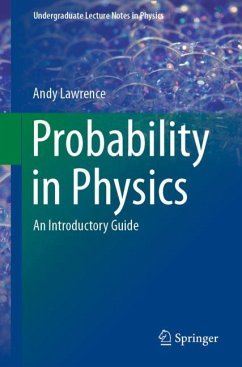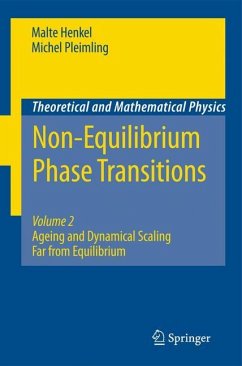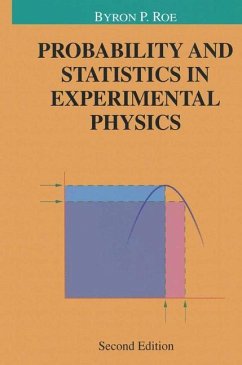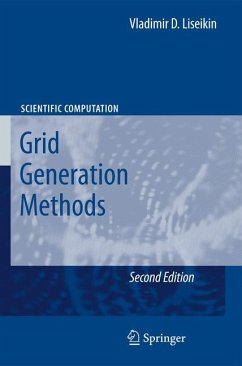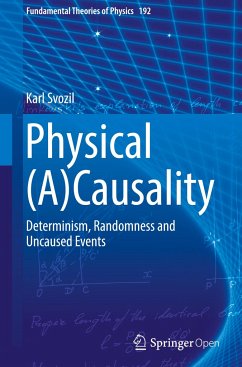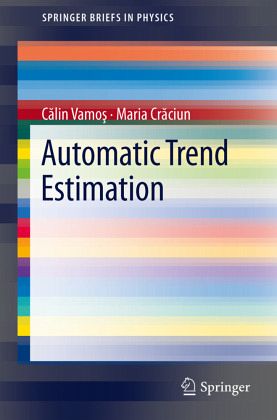
Automatic trend estimation

PAYBACK Punkte
19 °P sammeln!
Our book introduces a method to evaluate the accuracy of trend estimation algorithms under conditions similar to those encountered in real time series processing. This method is based on Monte Carlo experiments with artificial time series numerically generated by an original algorithm. The second part of the book contains several automatic algorithms for trend estimation and time series partitioning. The source codes of the computer programs implementing these original automatic algorithms are given in the appendix and will be freely available on the web. The book contains clear statement of t...
Our book introduces a method to evaluate the accuracy of trend estimation algorithms under conditions similar to those encountered in real time series processing. This method is based on Monte Carlo experiments with artificial time series numerically generated by an original algorithm. The second part of the book contains several automatic algorithms for trend estimation and time series partitioning. The source codes of the computer programs implementing these original automatic algorithms are given in the appendix and will be freely available on the web. The book contains clear statement of the conditions and the approximations under which the algorithms work, as well as the proper interpretation of their results. We illustrate the functioning of the analyzed algorithms by processing time series from astrophysics, finance, biophysics, and paleoclimatology. The numerical experiment method extensively used in our book is already in common use in computational and statistical physics.




